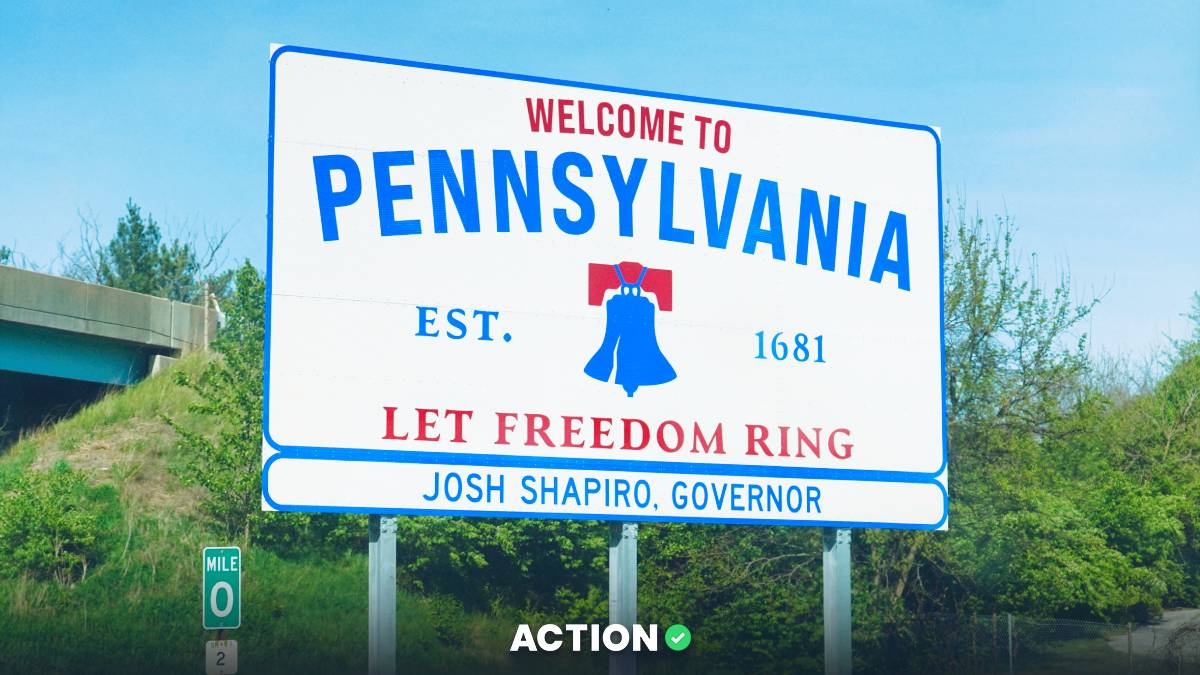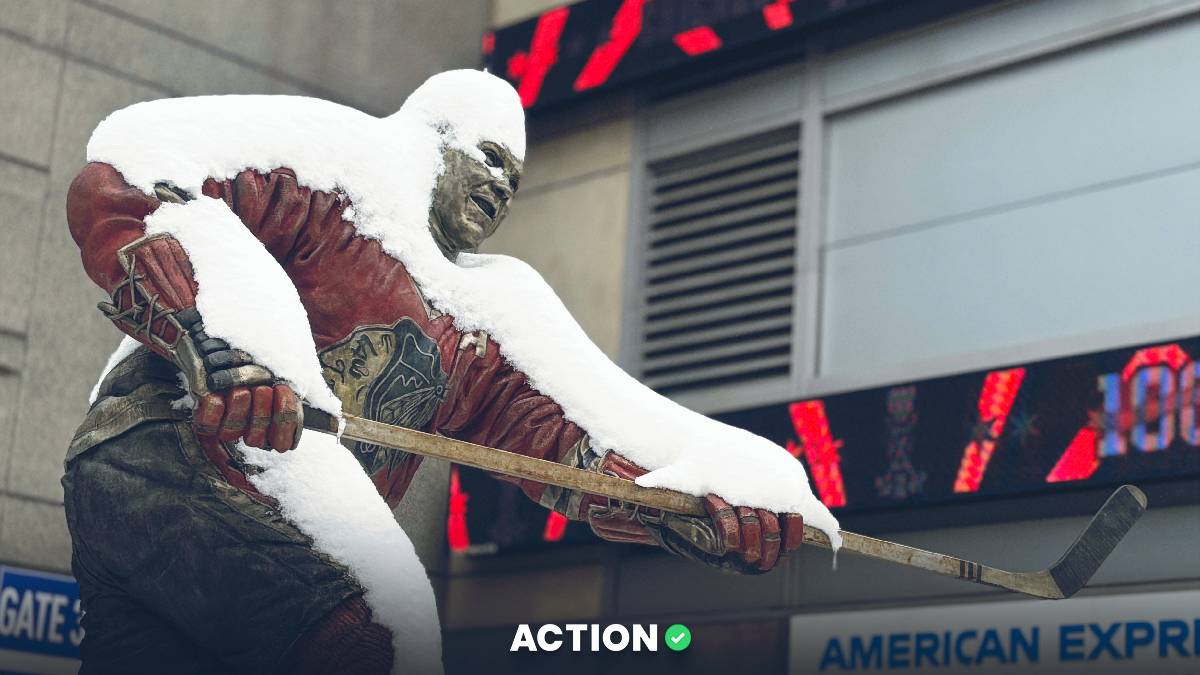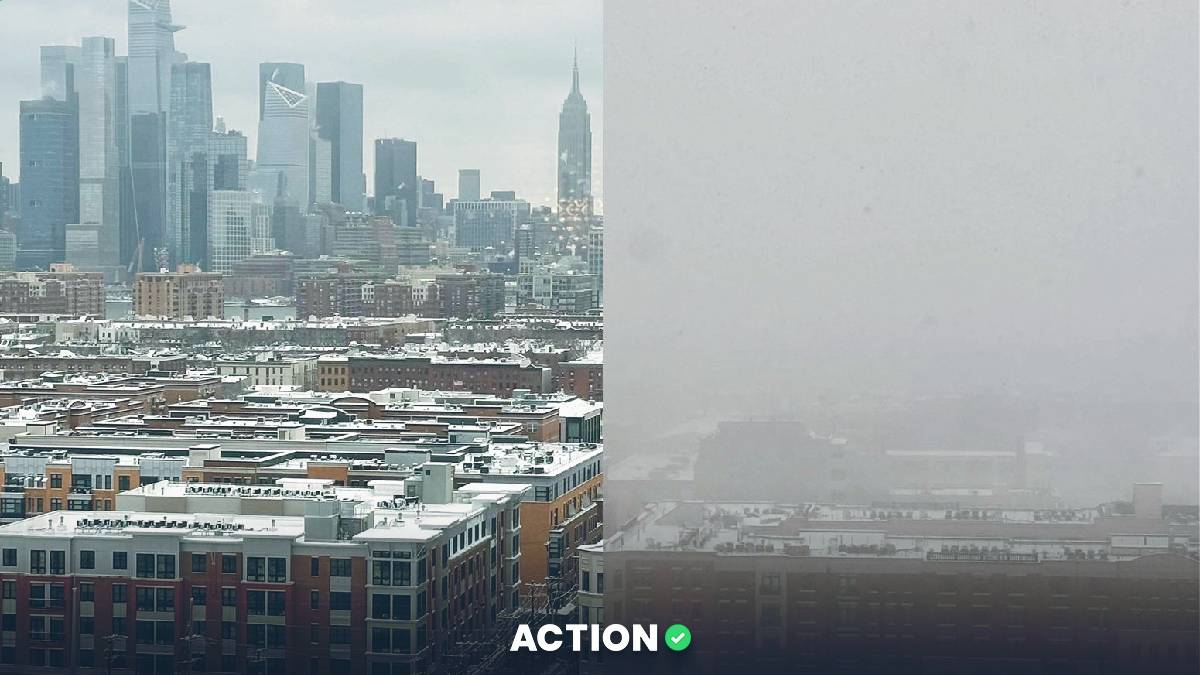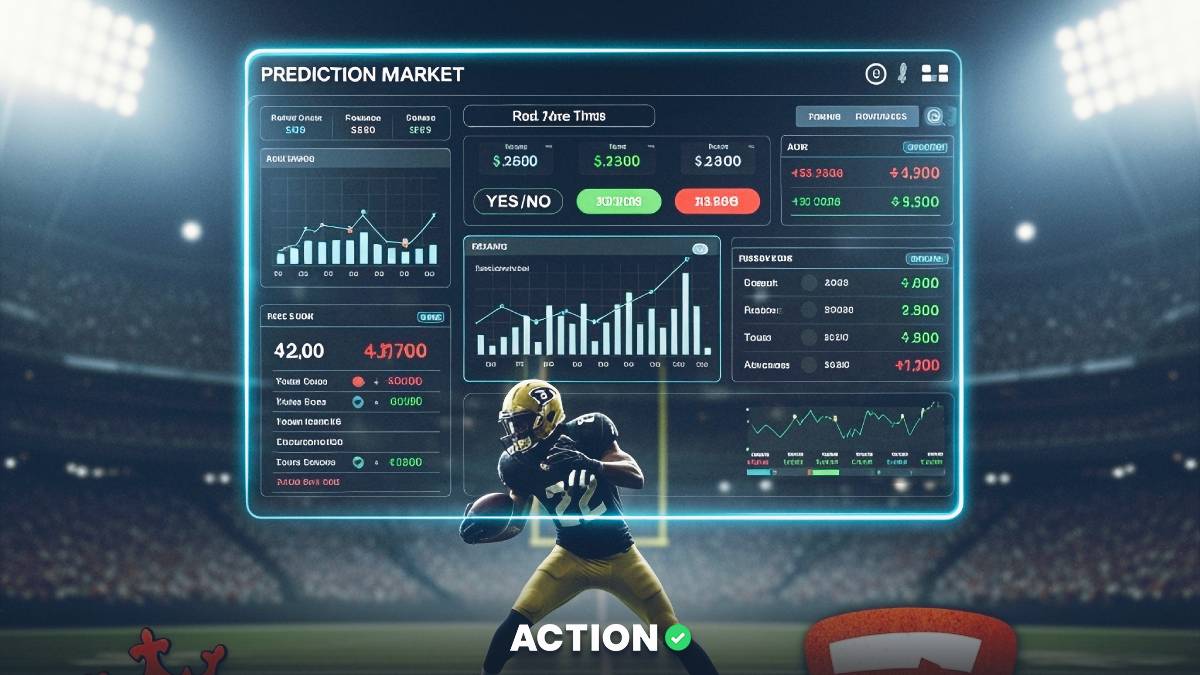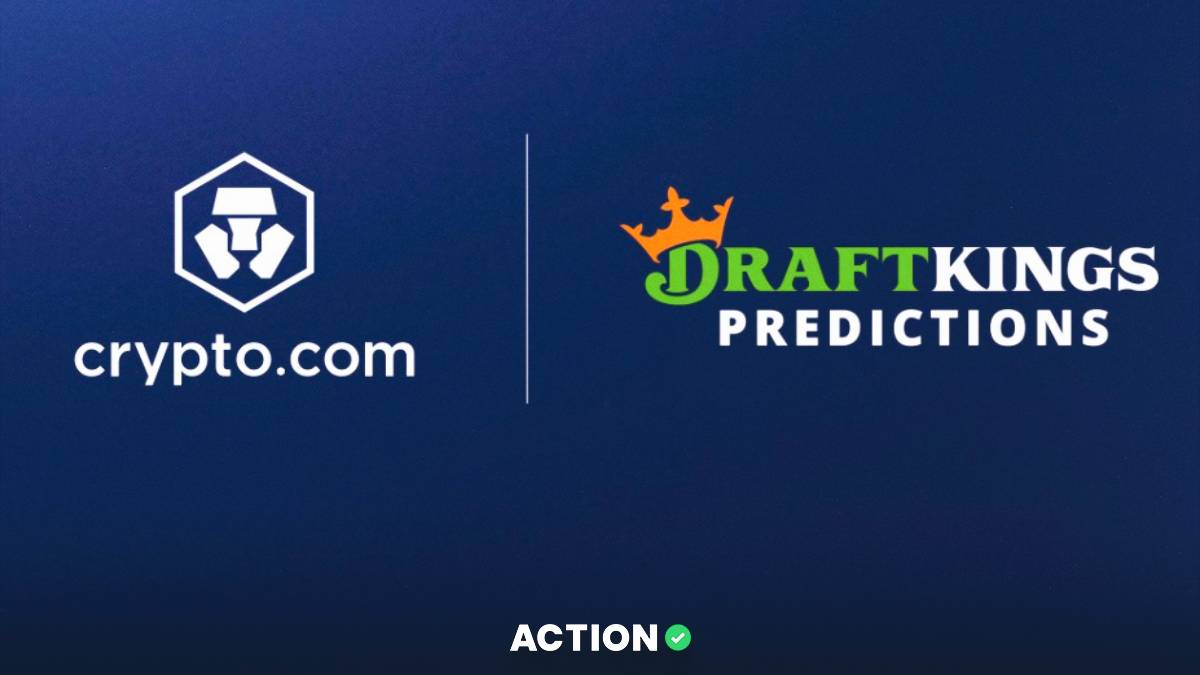A warning out of Maine about sweepstakes casino games has not gone unnoticed.
The Social and Promotional Games Association (SPGA) has found itself at odds with the Maine Gambling Control Unit (GCU) over the characterization of sweepstakes-based gaming platforms.
The SPGA has voiced a strong disagreement with the GCU's recent statements. According to the SPGA, their member platforms are legally compliant and operate under longstanding promotional frameworks that do not require any purchase for participation or victory. The SPGA argues that these platforms offer a transparent and enjoyable form of entertainment for millions across the United States.
Unlike offshore gambling sites, SPGA members operate within the United States, adhere strictly to regulations, and pay their taxes.

They follow a code of conduct designed to protect consumers and ensure fair play. The SPGA is particularly frustrated with what they see as the GCU's continued conflation of legal sweepstakes with illegal, unregulated gambling, especially as there's no proven consumer harm linked to their operations.
Maine's Concerns Over Online Gaming
Earlier this week, the GCU sounded an alarm on illegal interactive gaming platforms within Maine.
While some forms of online gambling, like fantasy contests and sports betting, are permitted, others, like online casino games, are not. The GCU's warning highlighted concerns about sweepstakes casinos or social casino sites that could offer real-money payouts or prizes. The unit stressed these platforms aren't licensed in Maine, and consumers engage with them at their own risk.
Sweepstake Casinos Bans Across the U.S.
While sweepstakes casinos are generally popular and legal across many states, they do face bans and restrictions in certain areas:
States with Sweeping Bans
- Washington: The Washington Gambling Act prohibits sweepstakes casinos.
- Idaho: Specific laws make most online sweepstakes gaming illegal.
Places with Restrictions or Legal Contests
- Michigan: The Gaming Control Board is taking action against sweepstakes operators.
- Nevada and Montana: The Treasure State set a new precedent by becoming the first state in the United States to ban sweepstakes gambling. Operators are cautious due to strict regulations.
- New York: The Attorney General recently sent cease and desist letters to 26 sweepstakes casinos for unauthorized gambling activities.
Louisiana lawmakers are also on the verge of a ban. They want to expand the definition of “gambling by computer” to encompass dual-currency sweepstakes casinos. Lawmakers in New Jersey are weighing a similar ban.
Failed Attempts to Ban or Regulate Sweepstakes Platforms
Failed Attempts to Ban Sweepstakes Casinos in Various States:
Mississippi: A bill to ban sweepstakes casinos initially succeeded in the Senate. However, it failed after the House added provisions for online sports betting, which led the Senate to reject it.
Florida: Two proposed bills aimed at banning sweepstakes casinos did not make it past the committee review stage.
Arkansas: The sponsor of a bill to ban sweepstakes casinos decided to withdraw it.
Maryland: A bill that passed in the Senate did not get approved by the House before the legislative session ended.
Reasons for These Failures:
Lack of Support: In several states, there was not enough agreement or support to move the bills through the necessary votes.
Concerns of Negative Impact: Some lawmakers were worried that banning sweepstakes casinos might unintentionally harm legitimate businesses that use these promotions.
Opposition from Industry Groups: Organizations like the Social and Promotional Games Association actively opposed the bans, arguing that there wasn't enough evidence to prove these casinos were harmful.
SPGA Wants Better Clarification for Sweepstakes Casinos
SPGA hopes to engage Maine officials in dialogue to clarify how their platforms work, the legal framework they adhere to, and the consumer protections in place. By fostering a better understanding, SPGA aims to distinguish its member operations from unregulated gambling and demonstrate their commitment to responsible service.
In this climate of heightened scrutiny, it's crucial for both regulatory bodies and operators to work together to ensure public safety while preserving legal gaming activities that many people enjoy.




